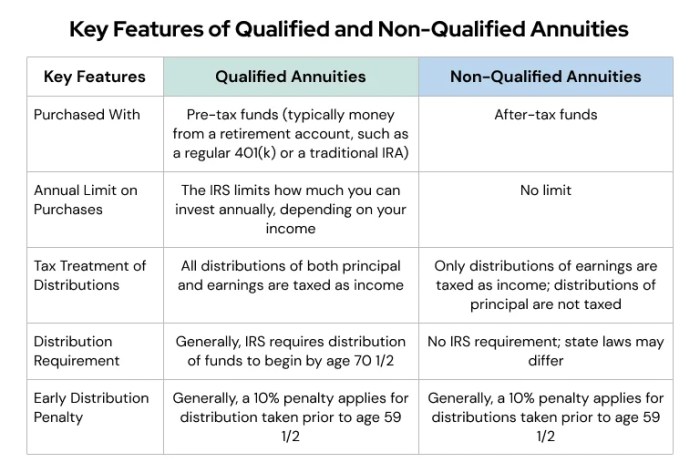Most qualified vs highly qualified” oer – In the realm of talent acquisition, the terms “most qualified” and “highly qualified” are often used interchangeably. However, there are subtle nuances and distinctions between these two phrases that can significantly impact candidate selection and hiring decisions. This article delves into the definitions, criteria, and ethical implications of using these terms to provide a comprehensive understanding for recruiters and hiring managers.
The subsequent paragraphs will explore the common interpretations of “most qualified” and “highly qualified,” compare the criteria used to assess qualifications for these positions, and discuss the contexts in which each term is typically employed. Additionally, industry-specific considerations and ethical implications will be examined to provide a well-rounded analysis of this topic.
Most Qualified vs Highly Qualified

In the realm of job applications and hiring processes, the terms “most qualified” and “highly qualified” are frequently encountered. While they share similarities, there are subtle nuances that distinguish their meanings and implications. This article delves into the definitions, comparisons, and contextual usage of these terms, providing clarity for both candidates and hiring managers.
Define “Most Qualified” vs “Highly Qualified”, Most qualified vs highly qualified” oer
Most Qualified:Refers to candidates who meet all the essential criteria and qualifications specified for a particular job position. They possess the necessary skills, experience, and education to perform the job effectively and efficiently.
Highly Qualified:Extends beyond the essential requirements and encompasses candidates who possess exceptional skills, experience, and education. They may have additional certifications, advanced degrees, or a proven track record of success that exceeds the minimum requirements.
Comparison of Criteria
The criteria used to assess qualifications can vary depending on the job position and industry. However, common factors typically include:
- Education: Degree level, field of study, and any relevant certifications
- Experience: Years of relevant work experience, specific projects, and accomplishments
- Skills: Technical abilities, soft skills, and any specialized knowledge or expertise
For “most qualified” positions, the focus is on meeting the essential criteria, while for “highly qualified” positions, the emphasis is on exceeding these requirements.
Contextual Usage
The terms “most qualified” and “highly qualified” are used in different contexts:
- Job Descriptions:Most qualified is often used in job descriptions to Artikel the minimum requirements for a position, while highly qualified may be used to describe ideal candidates who exceed these requirements.
- Candidate Selection:Hiring managers may use the term “most qualified” to refer to candidates who meet the essential criteria and are shortlisted for further consideration. Highly qualified candidates may be considered for more senior or specialized roles.
- Performance Evaluations:Employees may be evaluated as “most qualified” for their current roles or as “highly qualified” if they demonstrate exceptional performance and potential for advancement.
Industry-Specific Considerations
The distinction between “most qualified” and “highly qualified” can be particularly relevant in certain industries:
- Technology:In the technology sector, rapid advancements and emerging technologies often require candidates with highly specialized skills and experience, making the distinction between most qualified and highly qualified more pronounced.
- Healthcare:In healthcare, highly qualified candidates may have additional certifications, advanced degrees, or specialized experience in specific medical fields.
- Education:In education, highly qualified teachers may have advanced degrees, specialized training, or experience in working with diverse student populations.
Ethical Implications
The use of the terms “most qualified” and “highly qualified” can have ethical implications:
- Fairness and Transparency:Job descriptions should clearly define the qualifications required for a position, ensuring fairness and transparency in the hiring process.
- Candidate Perception:Candidates may perceive the term “highly qualified” as a sign of exclusivity or unattainability, potentially discouraging them from applying for positions.
- Hiring Bias:The use of these terms may introduce bias into the hiring process, as it can lead to favoritism towards candidates who exceed the essential requirements.
FAQ Insights: Most Qualified Vs Highly Qualified” Oer
What is the key difference between “most qualified” and “highly qualified”?
While both terms imply a high level of competence, “most qualified” typically refers to candidates who meet the minimum requirements for a position, while “highly qualified” suggests that candidates exceed those requirements and possess additional skills or experience that make them exceptional.
How does industry context influence the interpretation of these terms?
In certain industries, such as healthcare or finance, the distinction between “most qualified” and “highly qualified” is particularly important due to the critical nature of the work and the need for specialized expertise.
What are the ethical implications of using these terms?
Using these terms fairly and ethically requires considering the potential impact on candidate perceptions and ensuring that the criteria used to assess qualifications are objective and non-discriminatory.



